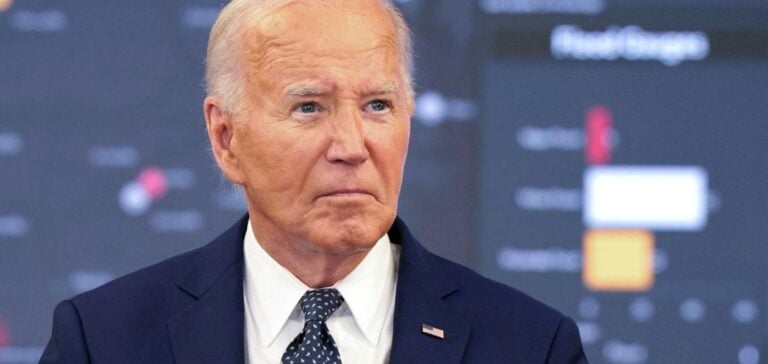President Joe Biden, in the final days of his term, has implemented a definitive ban on new offshore drilling over a maritime area spanning more than 2.5 million square kilometers. This measure impacts the coasts of the Atlantic, the Pacific, the eastern Gulf of Mexico, and the Bering Strait, off the coast of Alaska.
This announcement comes amid a tense presidential transition, as President-elect Donald Trump has vowed to massively ramp up national oil and gas production to maintain competitive energy prices. However, the implementation of this ban is based on the “Outer Continental Shelf Lands Act” of 1953, a federal law governing the exploitation of underwater resources. This legislation could complicate any attempt by the Trump administration to overturn the measure without congressional approval.
Economic and Political Impacts
The ban, justified by environmental and economic concerns, has been praised by environmental NGOs but has drawn sharp criticism from the Republican camp. Karoline Leavitt, the designated spokesperson for the Trump administration, called the decision a “political vendetta,” accusing Biden of attempting to undermine the energy ambitions of the incoming government.
Despite record hydrocarbon production levels in the United States, the ban is seen as a signal to investors and sector stakeholders. It underscores the Biden administration’s commitment to balancing environmental protection with responsible resource management.
A Strategic Message
Joe Biden defended the decision, stating that it preserves the oceans and coastal ecosystems while ensuring long-term economic stability. “We do not have to choose between protecting the environment and growing our economy. These are false alternatives,” he said in his statement.
For market actors, the ban raises questions about the future of U.S. energy policies under the Trump administration and the potential impacts on investment flows in the hydrocarbon sector.






















